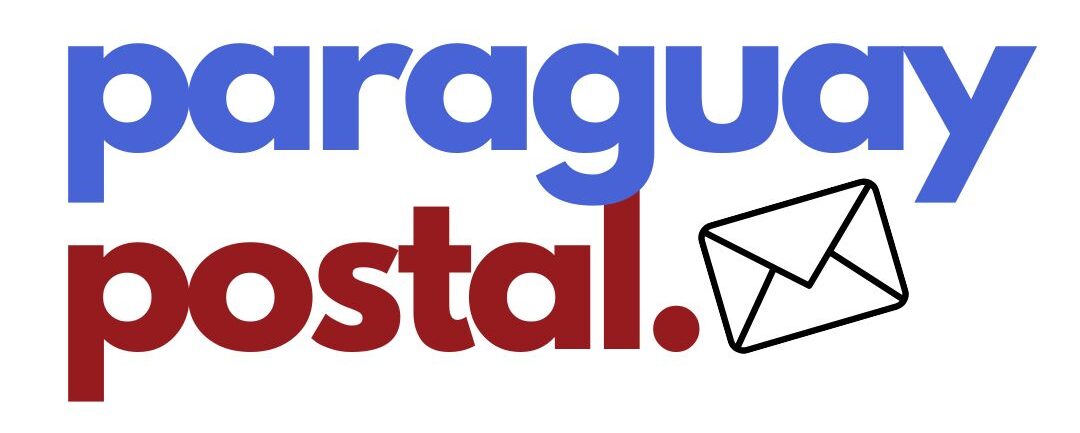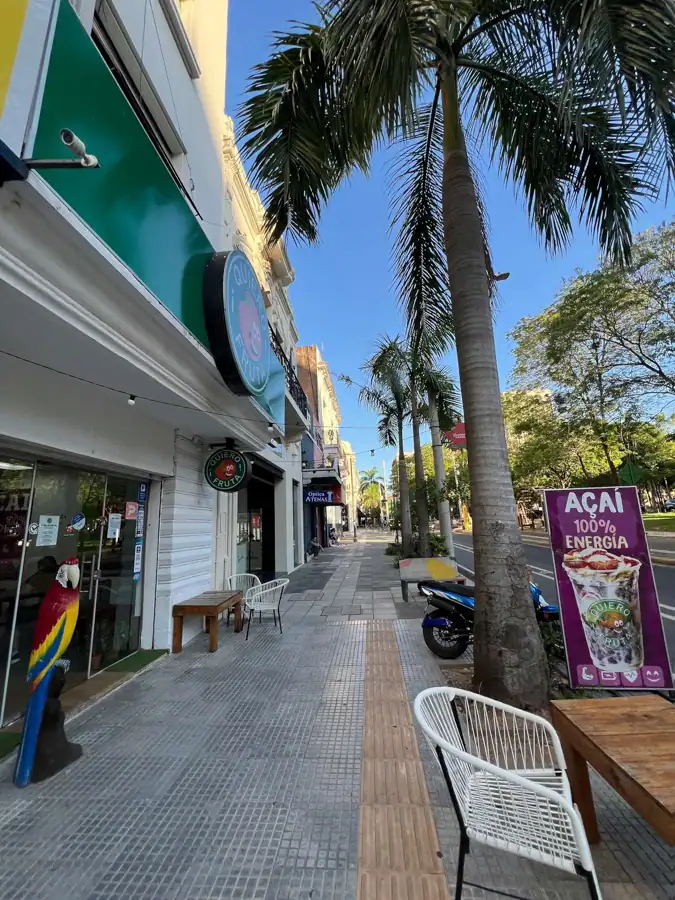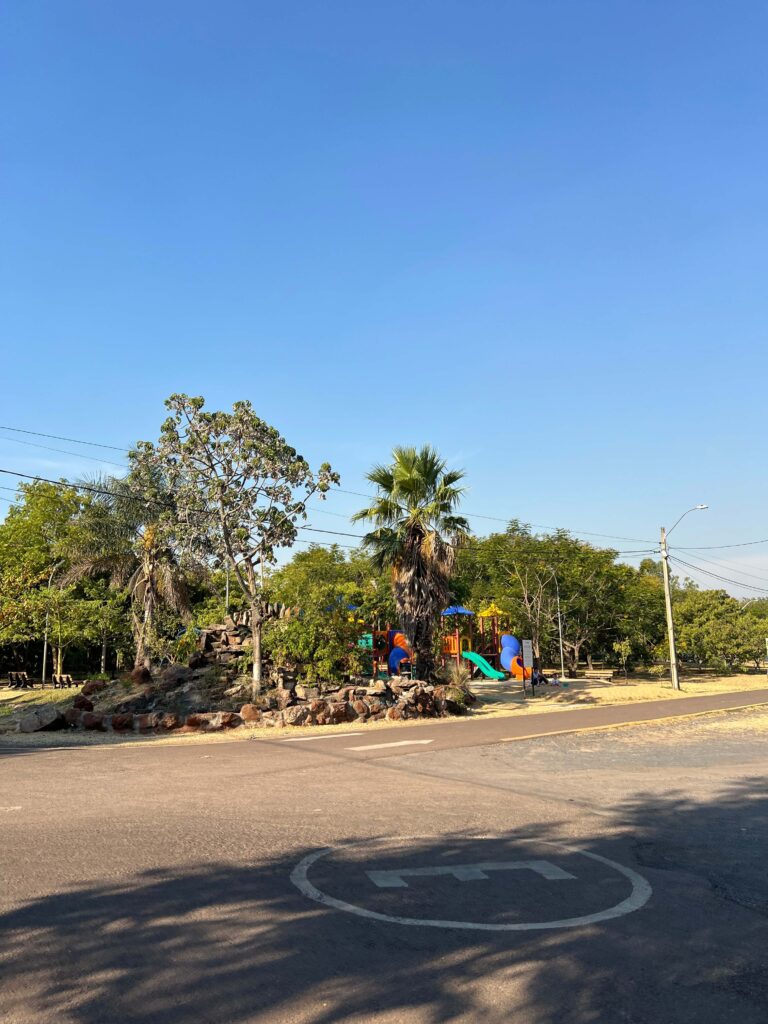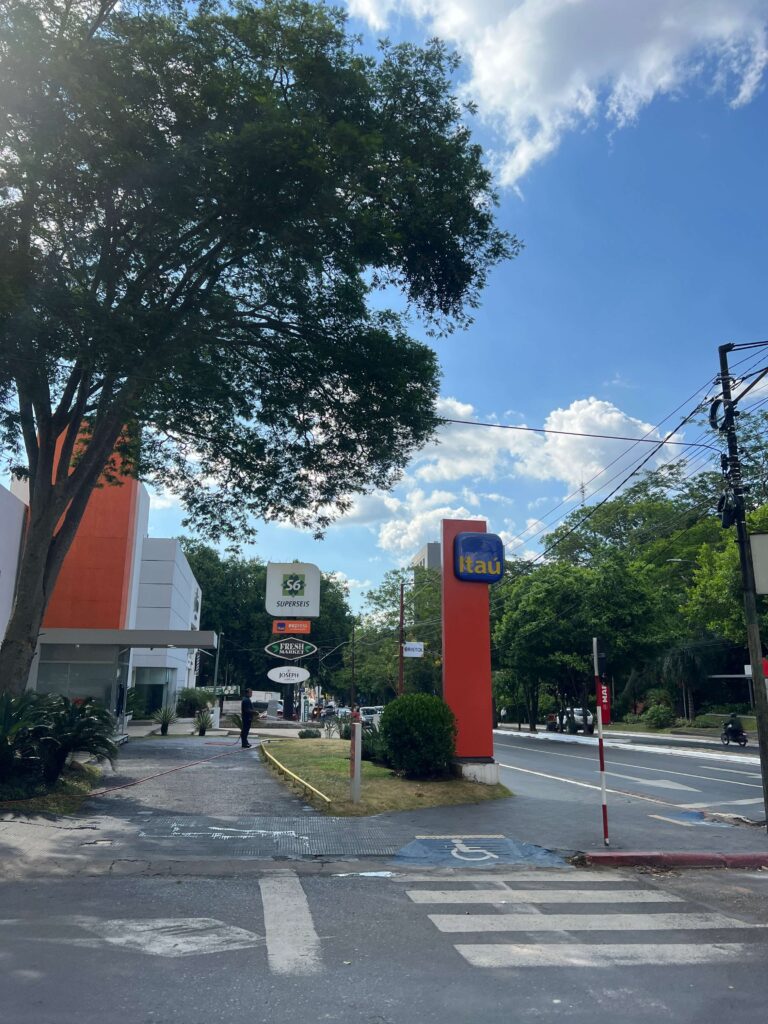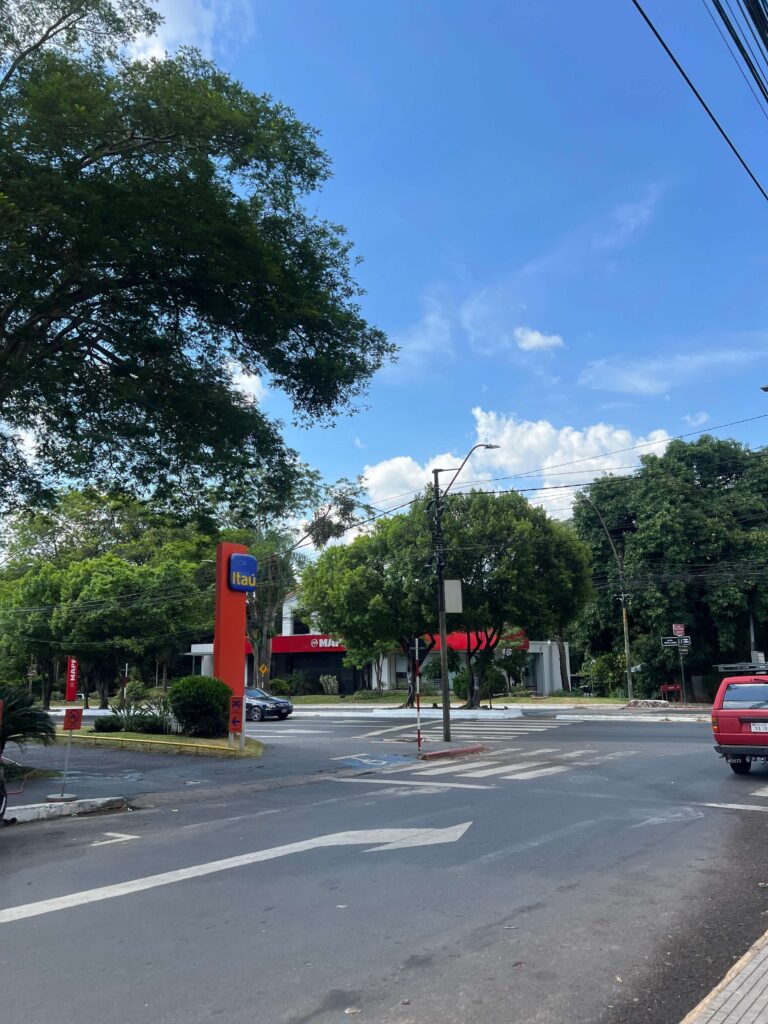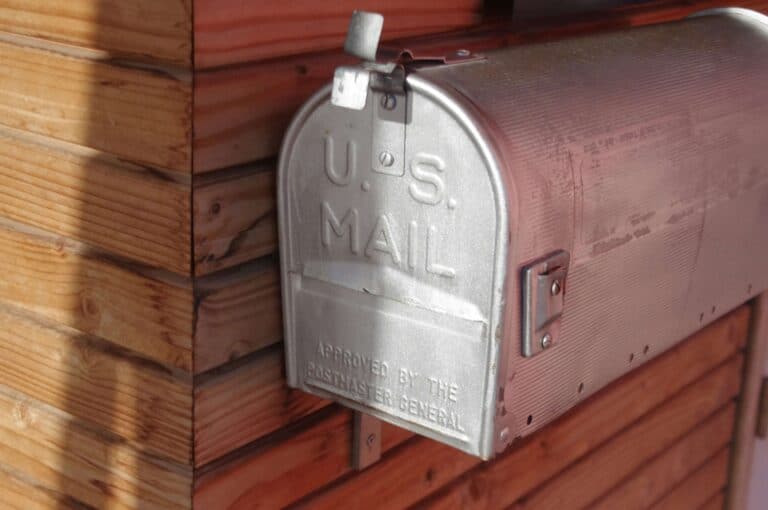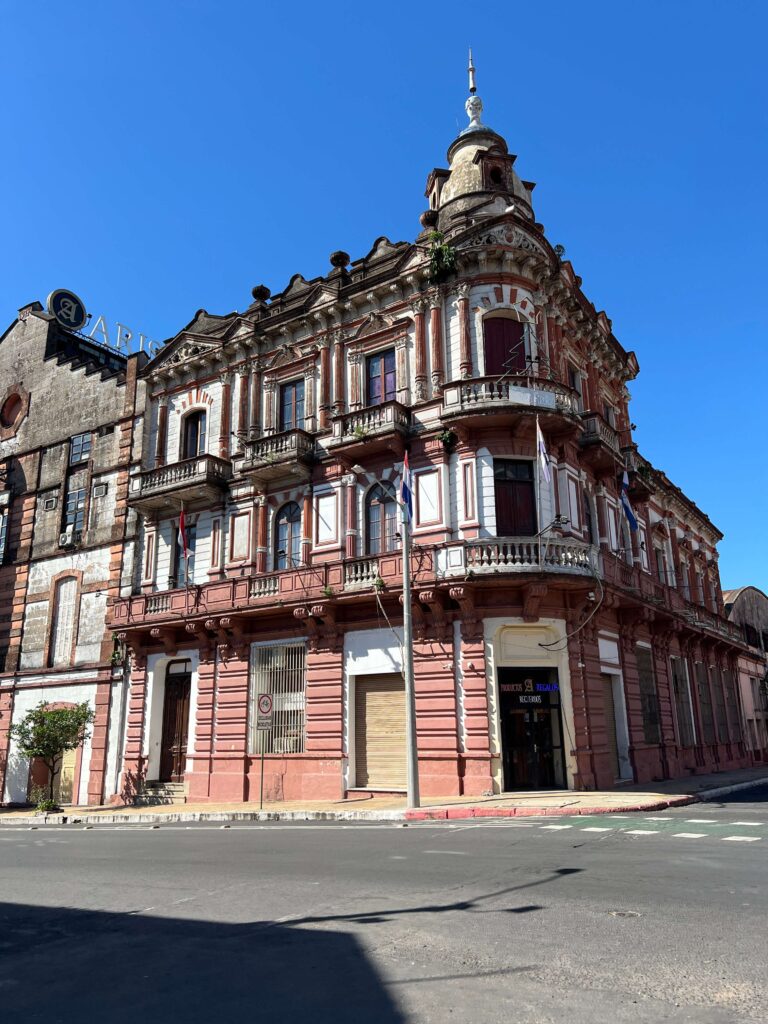If you’ve been thinking about starting a new chapter abroad, you’ve probably looked into different countries that offer a simple, affordable path to legal residency. One country that likely keeps popping up for you—for good reason—is Paraguay.
Known for its low cost of living, laid-back lifestyle, and growing expat community, Paraguay is one of the easiest countries in South America to get residency in.
In this guide, we’re going to walk through how to get residency in Paraguay, step by step. Whether you’re a digital nomad, retiree, or just looking for more personal freedom and global options, this article will give you the full picture of what you need, what to expect, and how to navigate the process.
The residency process is straightforward, but it does involve gathering official documents ahead of time, some paperwork in Asunción, and patience as your application goes through the system.
Let’s start with the first thing you’ll need to do: gathering your documents before you even set foot in Paraguay.
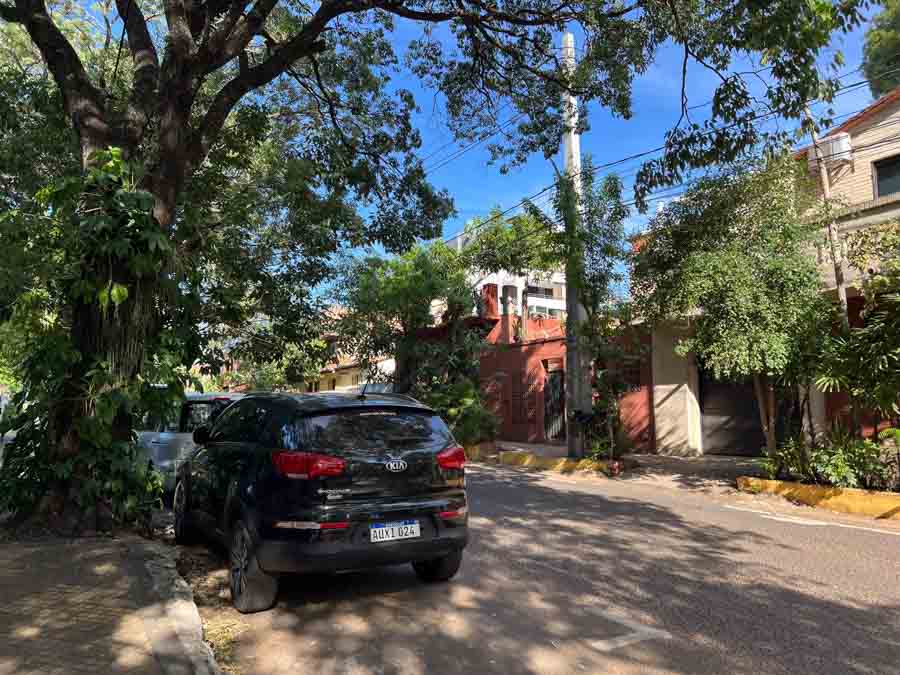
Step 1: Gather Your Documents
Before booking your flight to Paraguay, the most important thing you can do is make sure you’ve got all your documents ready. If you’re serious about learning how to get residency in Paraguay, this is where the real work begins.
Most of what you’ll need must be collected and prepared in your home country before you travel, so you want to be sure you get it right before arriving in Paraguay for the residency process.
Here’s what you’ll need:
✅ Valid Passport
Make sure your passport is valid for at least six months beyond your planned arrival in Paraguay. This is standard for most immigration processes, and Paraguay is no exception.
✅ Birth Certificate (Original, Long-Form)
You’ll need the long-form version of your birth certificate—usually issued by the vital records office in your country of birth. It must be the original document, not a copy.
✅ Apostilled Birth Certificate
Once you have your birth certificate, it needs to be legalized with an apostille. This is an official stamp or certificate that verifies the document’s authenticity for international use. The apostille must be issued in the same country where the birth certificate was issued.
✅ Criminal Background Check
Paraguayan immigration will want to see proof that you have no criminal record from your country. This document should come from your country of residence and ideally cover the last three years. In the U.S., for example, this would typically be an FBI background check. Make sure to start this process early, as it can take several weeks to obtain this check, depending on your country.
✅ Apostilled Criminal Background Check
Just like the birth certificate, your criminal background check needs to be apostilled. Without the apostille, the document won’t be accepted by Paraguayan immigration.
✅ Marital Status Documents (if applicable)
If you’re married or divorced, you’ll need to bring the official certificates proving that status. These should also be apostilled in the country where they were issued.
Pro tip: Use a sturdy folder or legal-size document organizer to keep all your paperwork clean, neat, and easy to access when you arrive. It might seem like overkill, but having everything organized will save you stress once you’re in Asunción and starting the official process.
Getting all of this together takes some time and planning, but once you have everything in hand, you’ll be ready to take the next steps toward making Paraguay your new home.
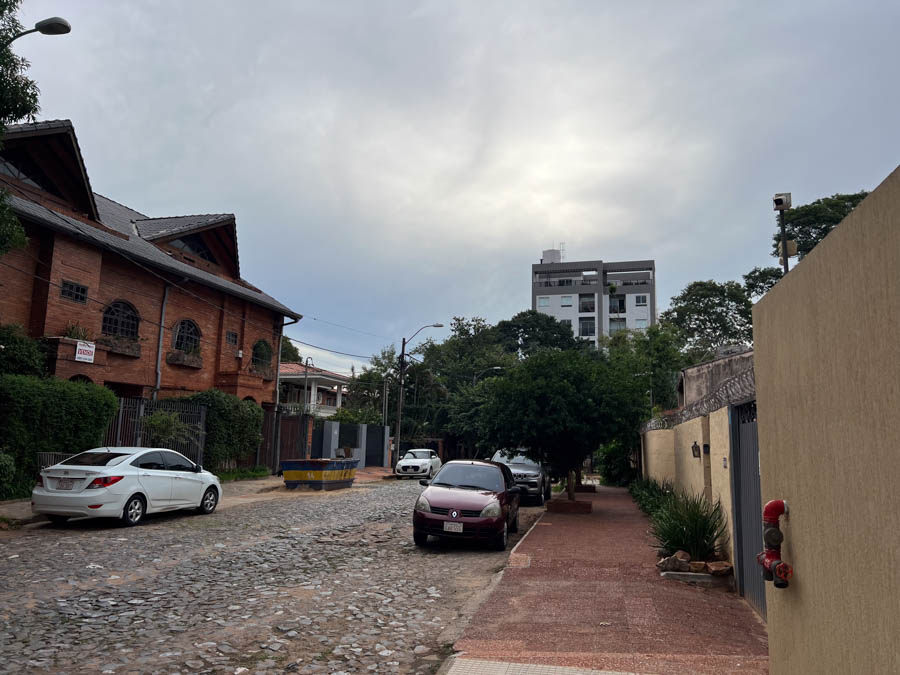
Step 2: Your Arrival in Paraguay
Once you’ve got all your documents ready and apostilled, it’s time to book that flight to Paraguay!
Most people arrive through Silvio Pettirossi International Airport (ASU) in Asunción, the capital. The good news is that citizens from many countries—including the U.S., Canada, the U.K., Australia, New Zealand, and most of the EU—can enter Paraguay without a visa and stay for up to 90 days.
When you land, make sure you get an entry stamp in your passport. That stamp is important, as it will be part of your residency file.
Now, this part isn’t about running off to start paperwork right away. Give yourself a few days to settle in, especially if it’s your first time in Paraguay. You’ll need to start working on your document translations soon, but there’s no harm in catching your breath first. Asunción is a relaxed city, and you’ll find that things here move at a slower, more comfortable pace.
Step 3: Translating and Notarizing Your Documents in Paraguay
Now that you’re in the country, the next step is getting your foreign documents officially recognized in Paraguay. This means having everything translated into Spanish and then notarized.
Even if your Spanish is decent, this isn’t something you can DIY. The translations need to be done by a certified Paraguayan translator—someone who’s approved to handle legal documents.
What Needs to Be Translated and Notarized
- Birth certificate
- Criminal background check
- Marriage or divorce certificates (if applicable)
- Any other apostilled documents required for your residency file
Once translated, these documents then need to be notarized by a local notary public. This is basically an official stamp of approval to say that the translations are accurate and legally valid.
You can either find a certified translator and notary on your own or hire a local legal assistant to help you coordinate everything. Many expats do just that—having someone who knows the process can save you time and help avoid mistakes.
Timing
This part of the process can usually be done within a few days, depending on availability and how many documents you’re having translated. Just be sure to budget some time for this step, especially if you’re on a tight travel schedule.
Step 4: Submit Your Application to Immigration
Now comes the part where everything comes together. You’ve got your apostilled documents, they’ve been translated and notarized, and you’ve completed your medical check. The next step in how to get residency in Paraguay is submitting your full application to the Dirección General de Migraciones—the national immigration office.
Here’s how the submission process works:
📍 Where to Go
- The main immigration office is located in Asunción, and that’s where you’ll need to file your paperwork in person.
📑 What to Bring
Your full residency application package should include:
- Valid passport with entry stamp
- Apostilled and translated birth certificate
- Apostilled and translated criminal background check
- Medical certificate
- Any marital status documents (if applicable)
- Proof of local address in Paraguay (some people use a local rental contract or a Paraguayan friend’s address)
- Four passport-sized photos
- Completed application form provided by immigration
Application Fee
There is a government fee for submitting your residency application. The amount can vary slightly over time, but it’s generally around $450 USD. Be sure to bring cash in Paraguayan guaraníes or check ahead for accepted payment methods.
What Happens Next
- Once your application is submitted, you’ll receive a residency application receipt.
- You’ll then wait while your application is processed—this usually takes between 2 to 5 months.
- You do not need to stay in Paraguay the entire time, but you will need to return to pick up your residency once your application is approved.
At this point, you’re nearly there. Submitting your application is one of the biggest steps in the process of how to get residency in Paraguay, and once it’s in the system, it’s mostly a waiting game.
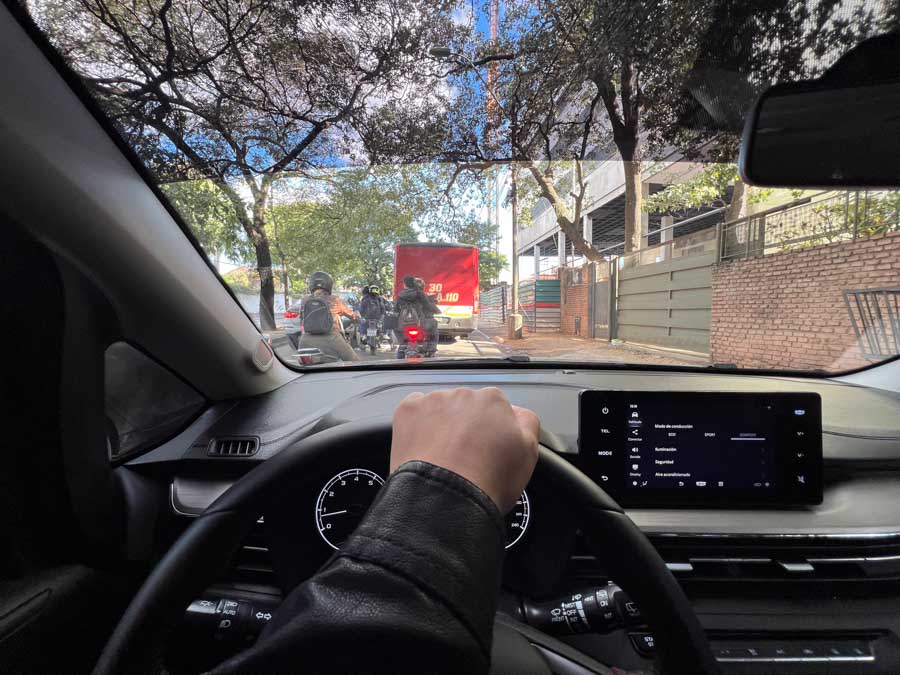
Step 5: Obtain Your Cédula (Paraguayan ID Card)
Once your residency application is approved, congratulations! You’ll now be eligible to apply for your Paraguayan cédula, the national identity card. This is a key part of how to get residency in Paraguay, as it’s the document that proves your legal status in the country.
The cédula is useful for:
- Opening a local bank account
- Signing contracts
- Accessing services as a resident
- Traveling within Mercosur countries (no passport needed)
How to Get Your Cédula
- Once you’re notified that your residency has been approved, you’ll go to the Identificaciones office in Asunción.
- You’ll bring your passport and the official notification or proof of residency approval.
- They’ll take your photo, fingerprints, and digital signature.
- After processing, your cédula is typically issued the same day or within a few days.
Your first cédula is valid for 10 years, and it’s renewable after that. It’s a small, wallet-sized ID card—simple, but powerful proof of your permanent residency status in Paraguay.
Step 6: Apply for Permanent Residency in Paraguay
Once you’ve been a temporary resident in Paraguay for two years, you’ll be eligible to upgrade your status to permanent residency—a key milestone in the full process of how to get residency in Paraguay.
This step is much simpler than the initial residency process. The Paraguayan government only requires one of the following documents to apply:
- A RUC (Registro Único del Contribuyente) – this is your Paraguayan tax ID number. You can apply for it any time after receiving your temporary residency.
OR - An apostilled university or technical degree from your home country.
That’s it—no police checks, no full stack of documents, no extra translations. It’s a one-step submission to Migraciones to upgrade your status from temporary to permanent.
If you’re working with someone us at Paraguay Postal, we assist all our clients with this part of the process too, making sure everything is filed correctly and on time so your permanent residency is processed without stress.
Residency in Paraguay is More Accessible Than You Think
Getting residency in Paraguay is one of the most straightforward and accessible processes in Latin America. If you’re looking for a stable, low-cost country with real freedom, friendly people, and long-term opportunities, Paraguay is a solid choice.
From gathering your documents, getting them translated, submitting your file, and finally receiving your cédula, the process is smooth when you know what to expect—and even easier when you work with a team that understands the system.
At Paraguay Postal, we specialize in helping foreigners navigate every step of this journey, from mailbox and address solutions to full residency support.
Whether you’re ready to start your residency application or just exploring your options, we’re here to make the process stress-free and successful.
Frequently Asked Questions (FAQ)
Once your documents are submitted, the approval process typically takes 2 to 5 months. Some applicants may receive approval sooner, while others may wait a bit longer depending on government processing times.
No. One of the advantages of Paraguayan residency is that there’s no minimum stay requirement. You can come and go as needed, making it a great option for digital nomads, entrepreneurs, and part-time residents.
Yes. You can apply for residency for your spouse and children, but each person will need their own complete set of documents (birth certificate, criminal record, etc.). Children under 14 typically don’t need a criminal background check.
While it’s not a legal requirement, knowing basic Spanish will help—especially during appointments at immigration. If you’re not fluent, it’s highly recommended to work with a local assistant or a service like Paraguay Postal to handle communication for you.
Once you receive your Paraguayan ID card, you’ll be recognized as a legal resident of Paraguay. After two years, you’ll be eligible to apply for permanent residency, which is a much simpler process requiring just a tax ID or an apostilled degree from your home country.
